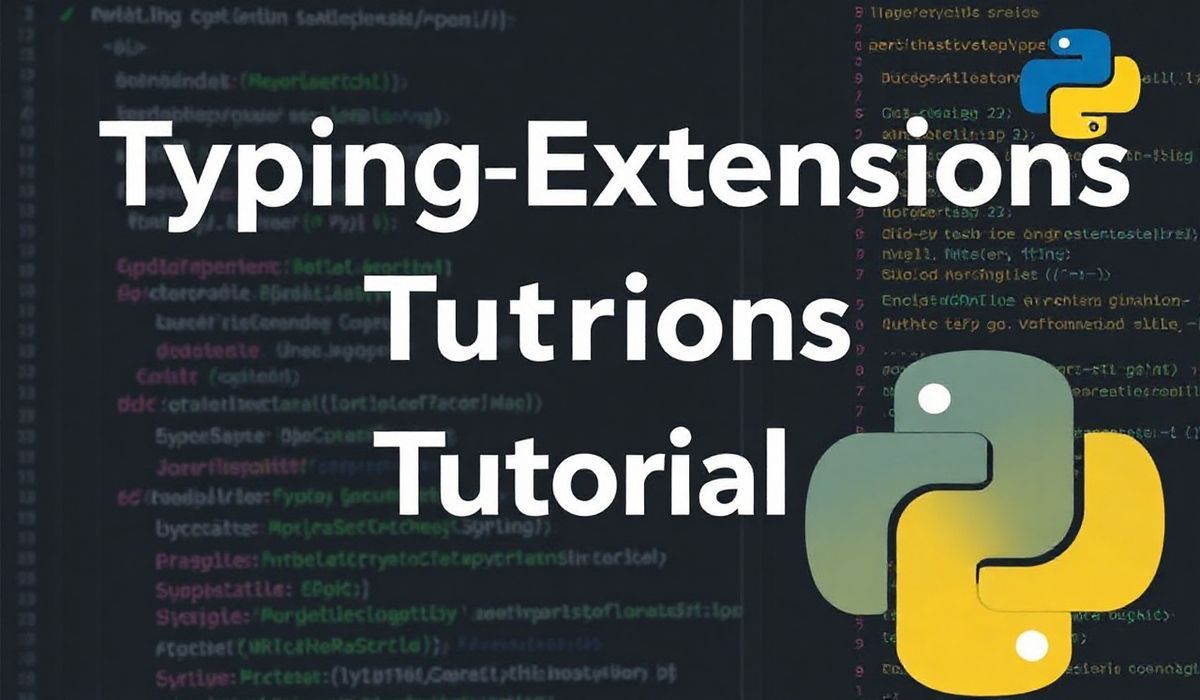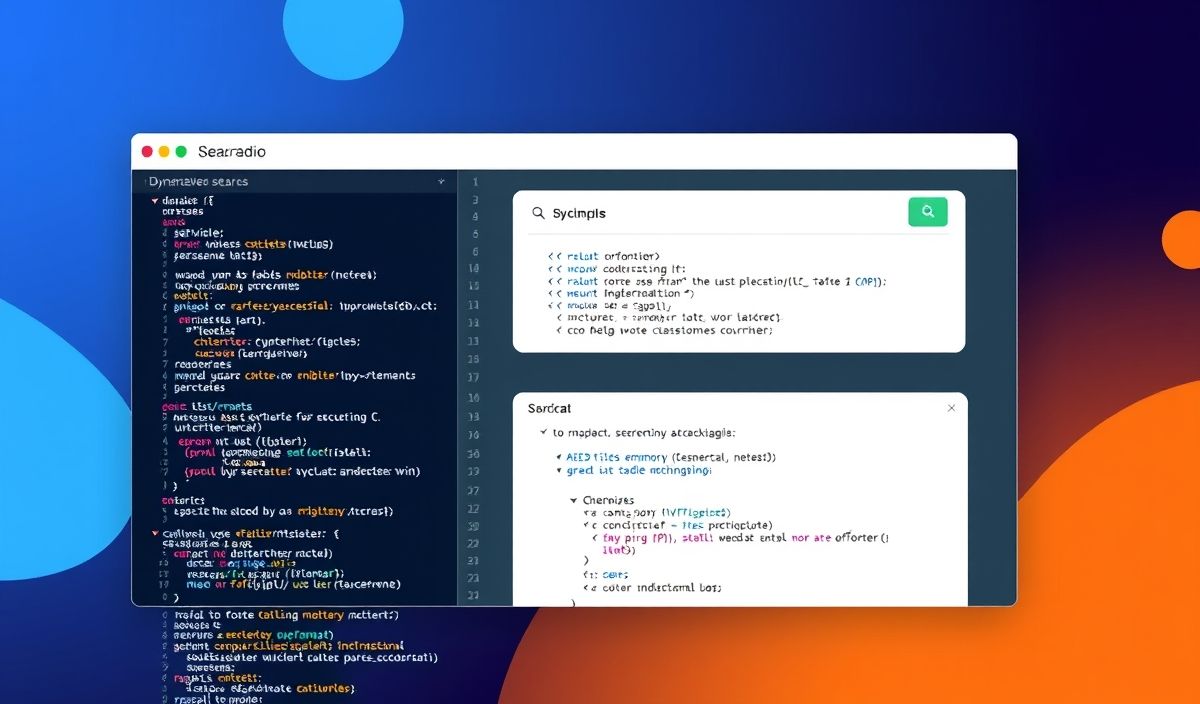Understanding Typing Extensions for Python Developers
The typing-extensions library is a valuable package designed for Python developers who want to utilize new type hinting features even when using older Python versions. It provides backported type-hinting functionalities that are forward-compatible, allowing developers to adopt modern typing practices seamlessly.
Getting Started with typing-extensions
To get started, install the package using pip:
pip install typing-extensions
Once installed, you can import and use the library to write cleaner, more robust, and maintainable type-safe code. Below, you’ll find a detailed introduction to its APIs and how they can empower your development process.
Dozens of Useful Typing Extensions APIs
Here’s a breakdown of the most widely used and helpful APIs offered by typing-extensions, paired with code snippets to illustrate their usage:
1. Literal
The Literal type lets you specify that a value must exactly match one or more specific literal values.
from typing_extensions import Literal
def set_mode(mode: Literal["auto", "manual"]) -> str:
return f"Mode set to {mode}"
print(set_mode("auto")) # Allowed
# print(set_mode("unknown")) # Raises a MyPy type error
2. TypedDict
The TypedDict feature allows you to specify more precise types for dictionaries, where keys and values have specific types.
from typing_extensions import TypedDict
class User(TypedDict):
id: int
name: str
user: User = {"id": 1, "name": "Alice"}
3. Final
The Final keyword prevents reassignment of variables, ensuring certain constants remain immutable in your code.
from typing_extensions import Final MAX_CONNECTIONS: Final = 100 # MAX_CONNECTIONS = 200 # Would raise a MyPy error
4. Protocol
Protocols provide an interface-like mechanism for duck typing, ensuring objects adhere to structural typing.
from typing_extensions import Protocol
class Greeter(Protocol):
def greet(self) -> str:
pass
class EnglishGreeter:
def greet(self) -> str:
return "Hello!"
def say_greeting(greeter: Greeter) -> str:
return greeter.greet()
greeter = EnglishGreeter()
print(say_greeting(greeter)) # Output: Hello!
5. Annotated
The Annotated type adds metadata to a type, often useful for documentation or frameworks.
from typing_extensions import Annotated
def process_data(data: Annotated[str, "Should be non-empty"]) -> str:
return data.upper()
print(process_data("example"))
6. Concatenate
The Concatenate API is used with Callable to enforce specific argument ordering.
from typing_extensions import Concatenate, Callable
def log_function(func: Callable[Concatenate[str, int]]) -> None:
print(f"Logging function with signature: {func}")
def example(data: str, num: int) -> None:
print(f"{data} - {num}")
log_function(example)
Bonus APIs
Some additional powerful APIs worth mentioning:
Self: For methods returning the instance of a class.Never: Useful for functions that never return.RequiredandNotRequired: For refining keys in TypedDict.
Building an Example App
Let us create a quick example app that combines the usage of multiple APIs introduced above:
from typing_extensions import TypedDict, Literal, Final, Protocol, Annotated
# TypedDict Example
class Product(TypedDict):
id: int
name: str
category: Literal["electronics", "clothing", "food"]
# Final Keyword
API_URL: Final = "https://api.example.com"
# Protocol Example
class DataProvider(Protocol):
def fetch_data(self) -> list[Product]:
pass
class MockDataProvider:
def fetch_data(self) -> list[Product]:
return [
{"id": 1, "name": "Laptop", "category": "electronics"},
{"id": 2, "name": "T-shirt", "category": "clothing"},
]
# Annotated Example
def display_product(product: Annotated[Product, "An item we sell"]) -> str:
return f"{product['name']} ({product['category']})"
def main(provider: DataProvider) -> None:
products = provider.fetch_data()
for product in products:
print(display_product(product))
if __name__ == "__main__":
data_provider = MockDataProvider()
main(data_provider)
In this mini application, we’ve used TypedDict, Literal, Final, Protocol, and Annotated to build a clean, maintainable, and type-safe program.
Conclusion
The typing-extensions library is a crucial tool for developers looking to adopt Python’s robust type system without compromising compatibility. Its range of powerful APIs promotes better practices and ensures code maintainability. Start integrating typing-extensions features in your projects today and experience the benefits!




